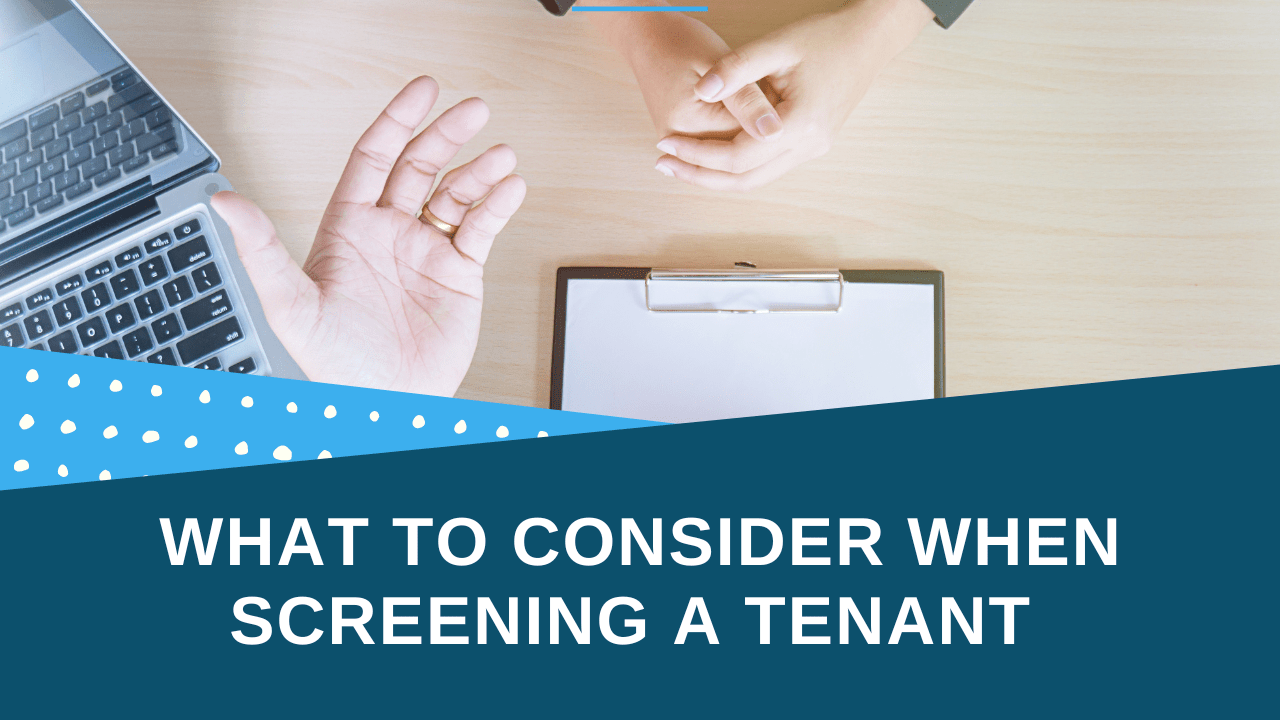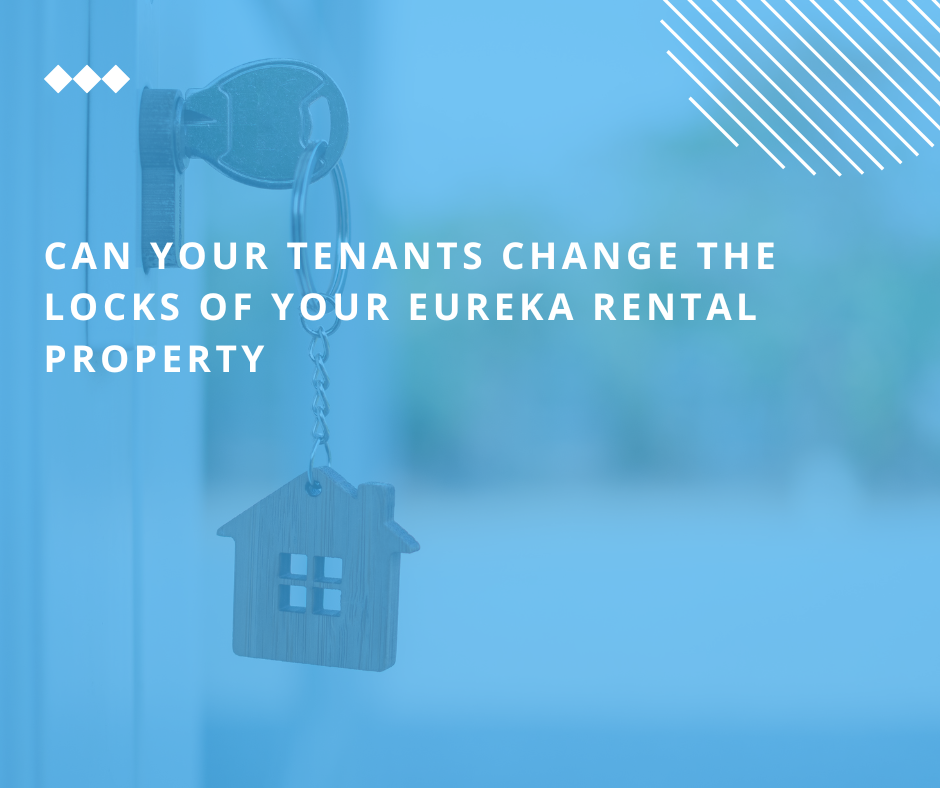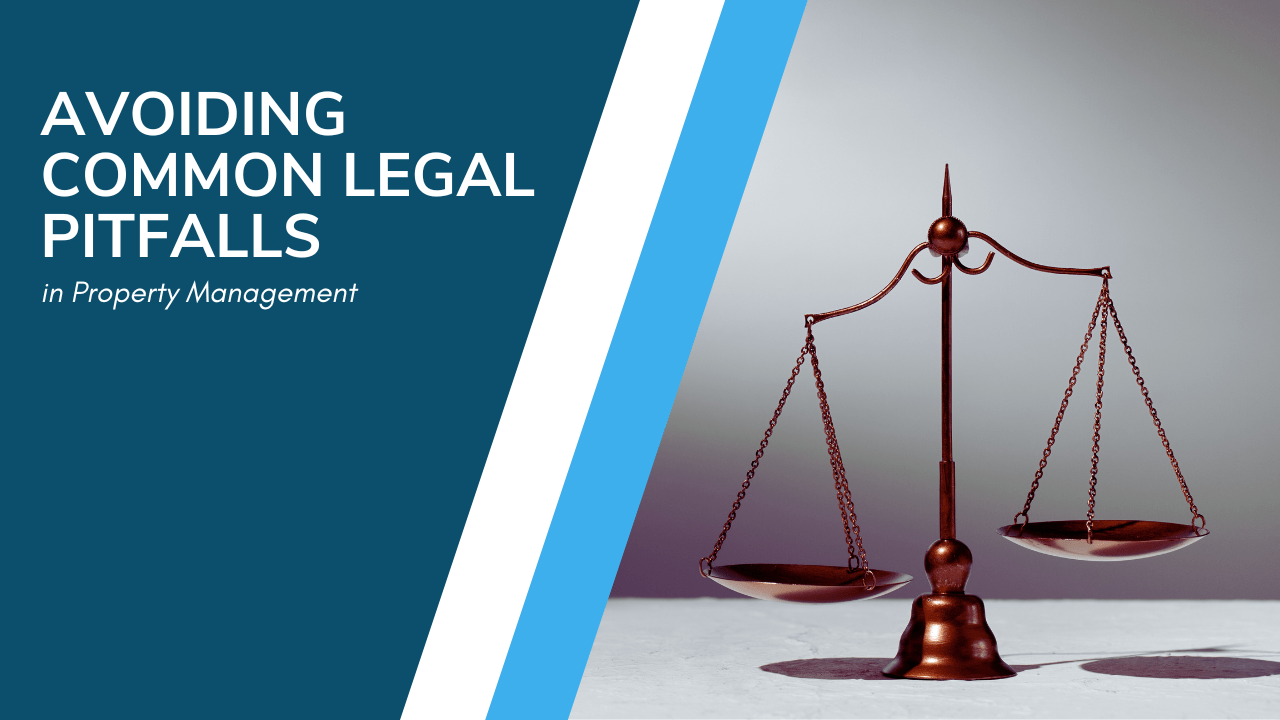Finding the right tenant is a crucial part of the leasing process. The tenant you select and place in your Eureka rental property will have an impact on profitability. Good tenants allow you to earn more on your property because they pay rent on time, they contribute to the upkeep of the home, and they communicate immediately when maintenance is needed.
Unqualified tenants cost you money. They cost you time. When you place the wrong resident, you set yourself up for months of chasing down late rent, arguing about lease violations, and potentially evicting that tenant. You may suffer through property damage, poor communication, and constant conflict.
To find the right tenant, you have to implement the right tenant screening strategy.
In our experience, rental property owners are either too permissive or they’re too zealous. Some owners will barely glance at a credit report, and that’s all they do when deciding whether to approve a tenant. Others will have unrealistic expectations in terms of income and credit, and they’ll spend days combing through an applicant’s social media platforms.
When you’re screening a tenant, you should have a set of rental criteria that you use consistently to evaluate every application. Fair housing laws require you to be objective. You also want to be thorough. You’re trusting your eventual tenant with the keys to an extremely valuable asset. You want to have some idea of who you’re moving in.
Here are some of the things we recommend you look for when you’re screening tenants in Eureka.
Measure Income against Monthly Rent
Income is perhaps the most important indicator of whether a potential tenant can afford your property. You want to satisfy yourself that your resident can pay rent on time every month while meeting their other financial obligations.
Look for an income that is at least three times the monthly rent. This is the industry standard, and it makes sense that you should set this criteria while you’re screening. If you’re charging $1,700 a month in rent, you’ll be looking for a tenant who earns at least $5,100 per month.
You may have more than one tenant moving into the property, in which case you can combine their incomes to reach that threshold. This works whether it’s a couple or a roommate situation.
Always ask for verification of income. You want to trust what your applicants are saying they earn, but it’s important to get documentation. Tenants can provide:
- Pay stubs from their job
- An offer letter from a new job, which states what they’ll be earning
- Bank statements that show regular deposits
- Tax returns that reflect the tenant earns what they say they earn annually
Keep in mind that California’s fair housing laws do not allow you to make decisions based on source of income. There’s no judgment around what an applicant does for a living. If they can prove they earn what they say they earn, that has to be enough for you.
This is particularly relevant when we talk about Section 8 tenants. You cannot refuse an application or deny an application from a Section 8 tenant based on income. These tenants are permitted to use their housing vouchers as income when they apply.
Check Tenant Credit History
A credit check should be part of every screening process. Some landlords will set a minimum credit score that they’re willing to consider. The credit score can give you a good baseline for which applications you’ll screen and which you’ll deny. However, you want to dig a little deeper. Don’t trust the credit score on its own. Plenty of people can have good credit and a shady rental history.
Take a look at the full credit report. You’ll find some key information there.
You’re also looking for evidence of how your applicants handle their housing-related bills. If you see on the credit report that they owe thousands of dollars to a former landlord or apartment building, that’s not a great sign. If there’s a history of overdue utility bills, you might worry about how they’ll handle those accounts while living in your property.
Tenants expect that their credit will be checked. Give them an opportunity to explain any sensitive issues such as medical debt or high student loan bills. These things are common. You should only be concerned if you see more debt than the income can support or a tendency for the tenant not to pay rent, electric bills, and water bills on time.
Look for Past Evictions and Review Rental History
Do a nationwide eviction search on every applicant. If you don’t have the technology or the resources to access this information, we strongly recommend you screen your tenants through a
Eureka property manager or a third-party screening company. You need to know that your potential tenants have not been evicted before.
Decide what your criteria will be. An applicant with a single eviction from 10 years ago, who has established a positive rental history since then is sure to be a better risk than the applicant who has been evicted twice in the last five years.
Some landlords and property owners won’t rent to anyone who has an eviction on their record. That’s an acceptable stance to take, just make sure you include it in the rental criteria that you share with applicants.
Rental history is an excellent screening tool. You’ll get a great idea about how a tenant has performed in the past by talking to former and even current landlords. Ask for their contact information on the application. Verify that the phone number or email address you receive is actually for the property owner or property manager, and not a family member or friend.
Then, get in touch and ask some questions. You’ll want to know:
- If rent was paid on time.
- Whether there was any property damage.
- If the tenant followed the terms of the
lease agreement.
- Whether communication was easy.
- If maintenance was reported in a timely manner.
- If property notice was given before the tenant moved out.
















